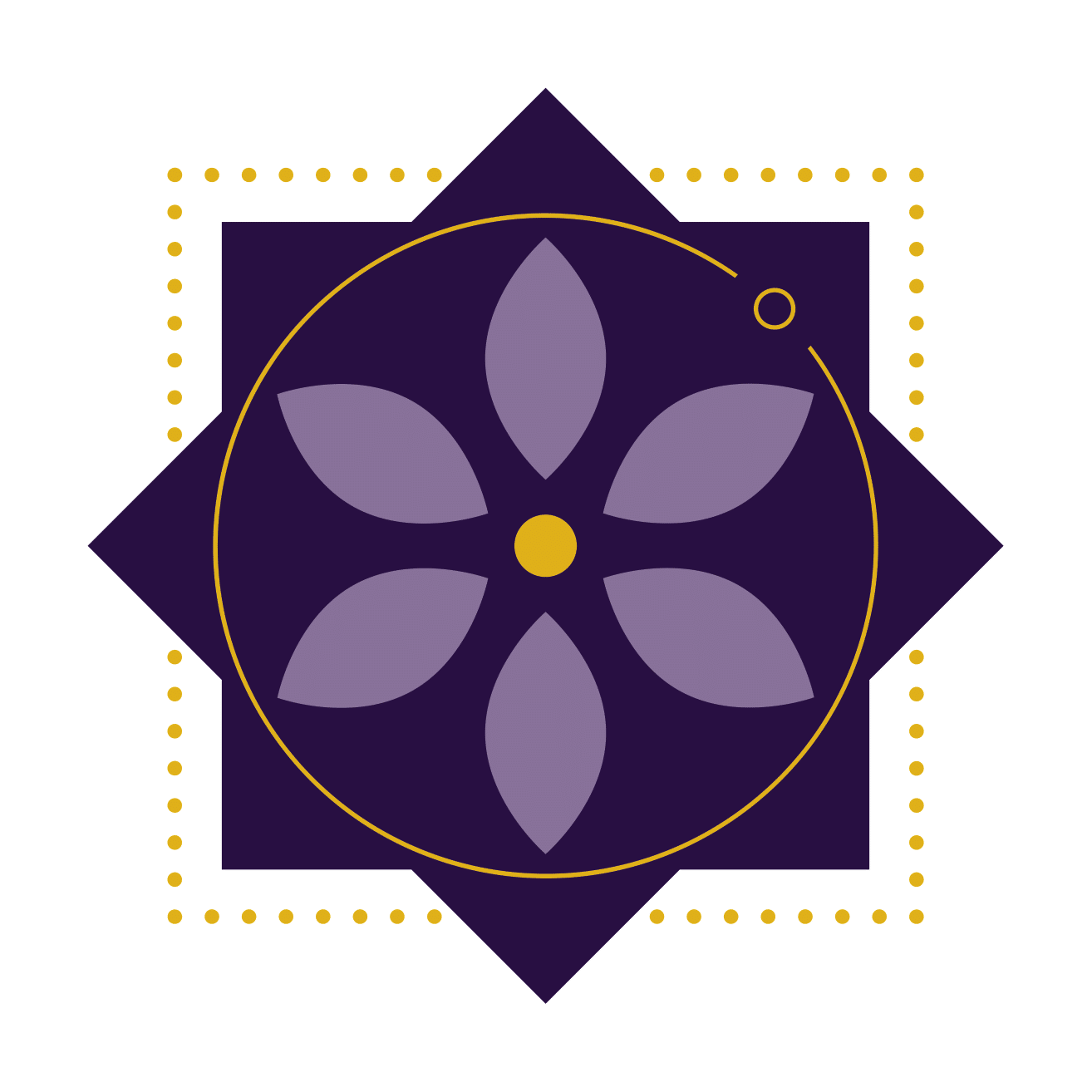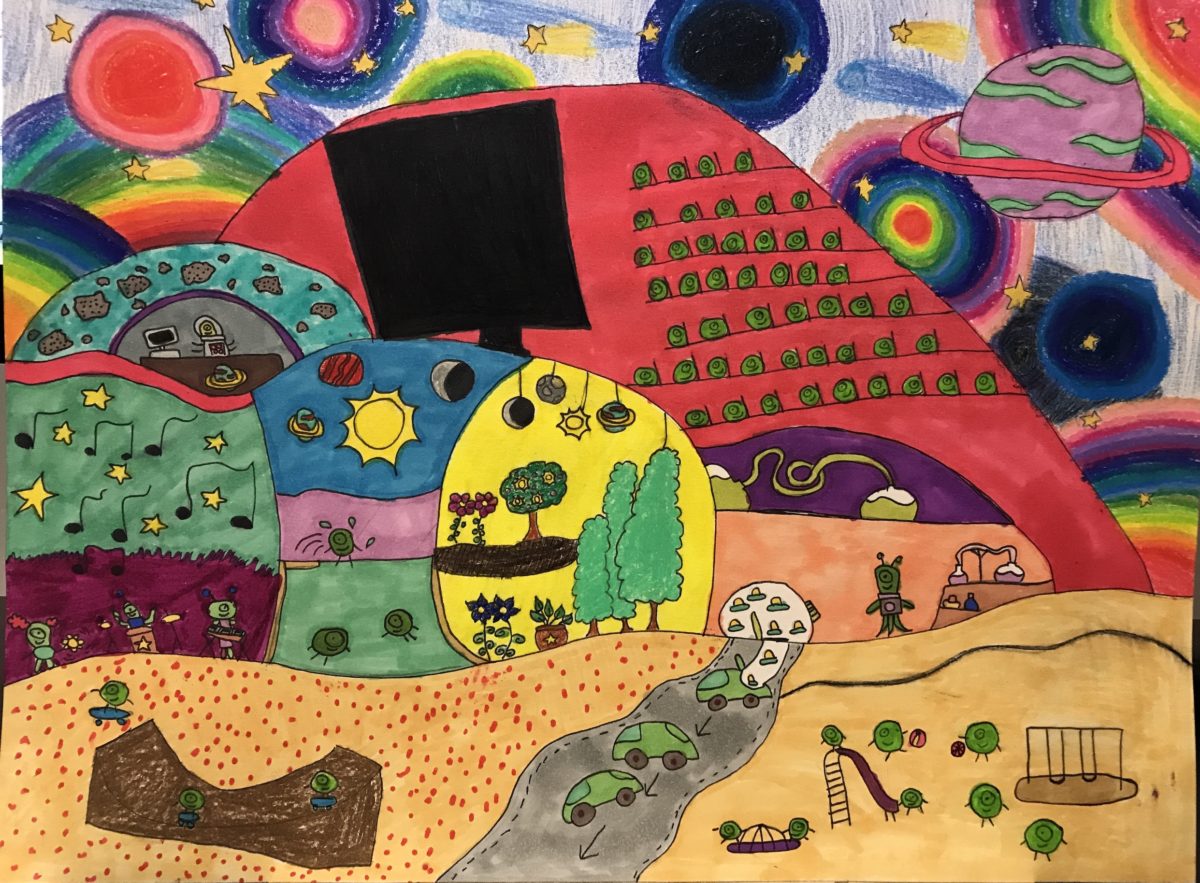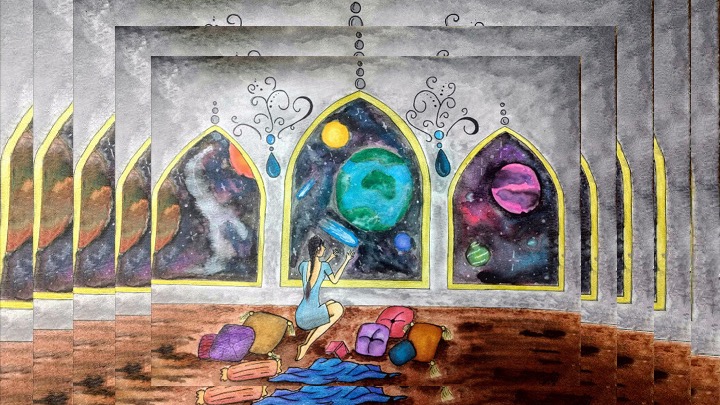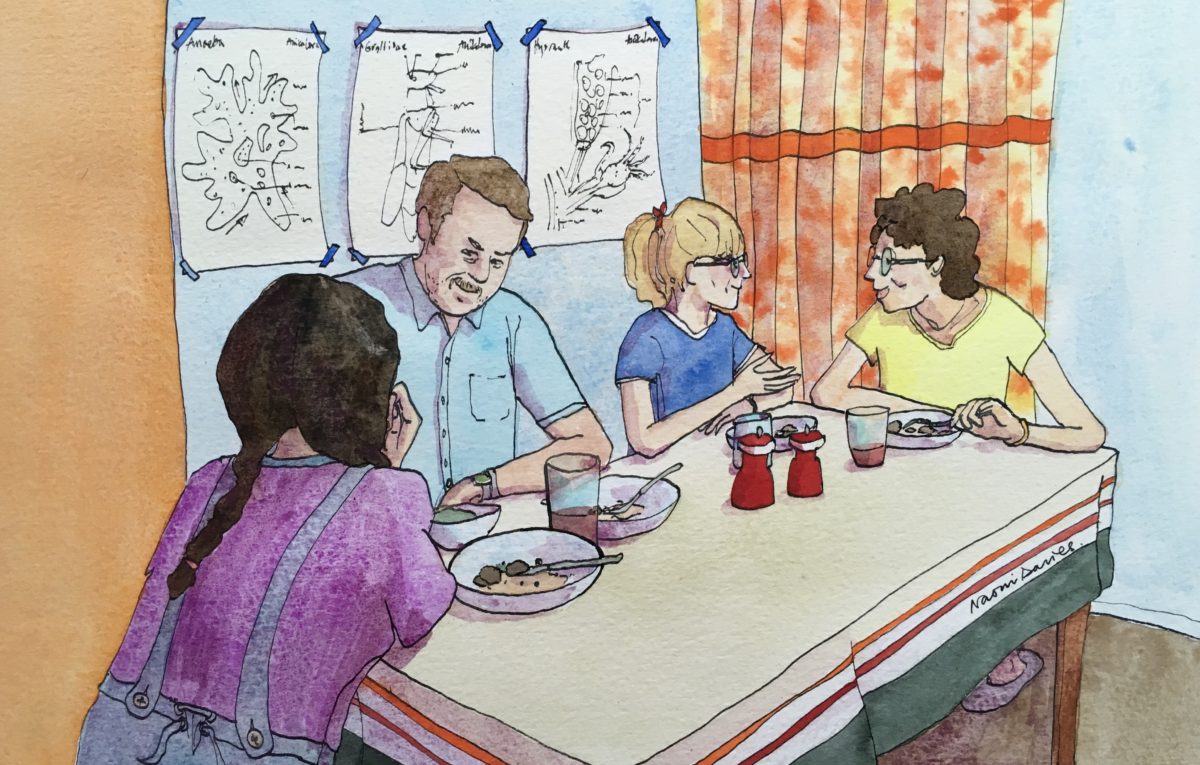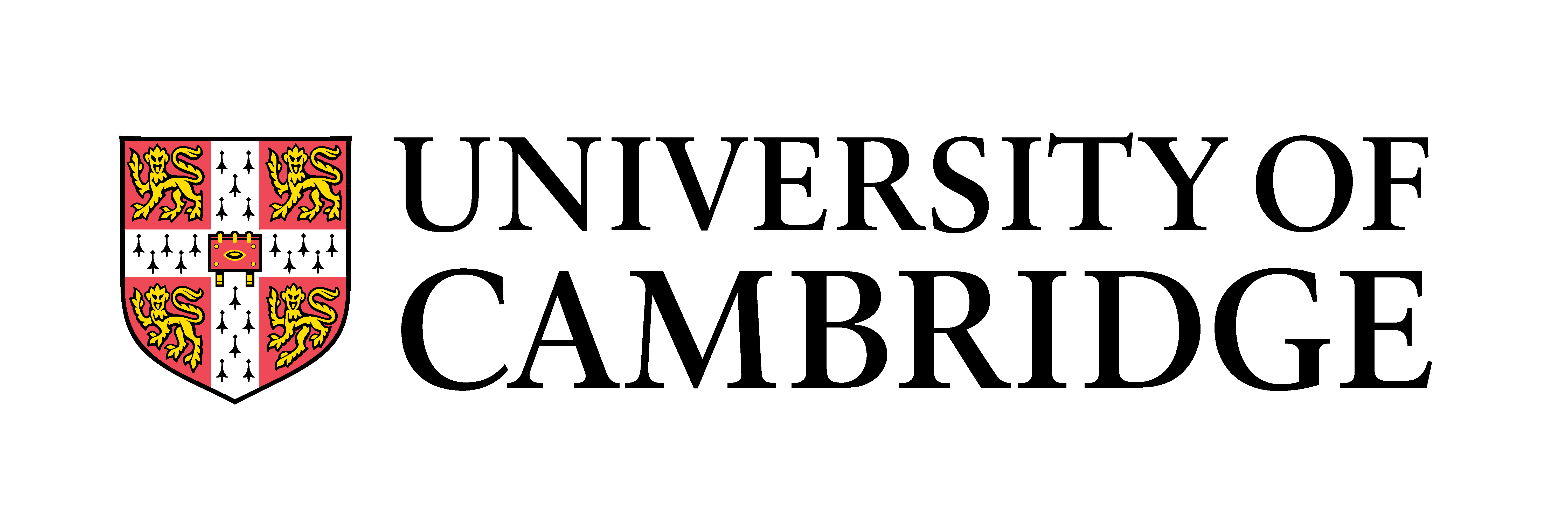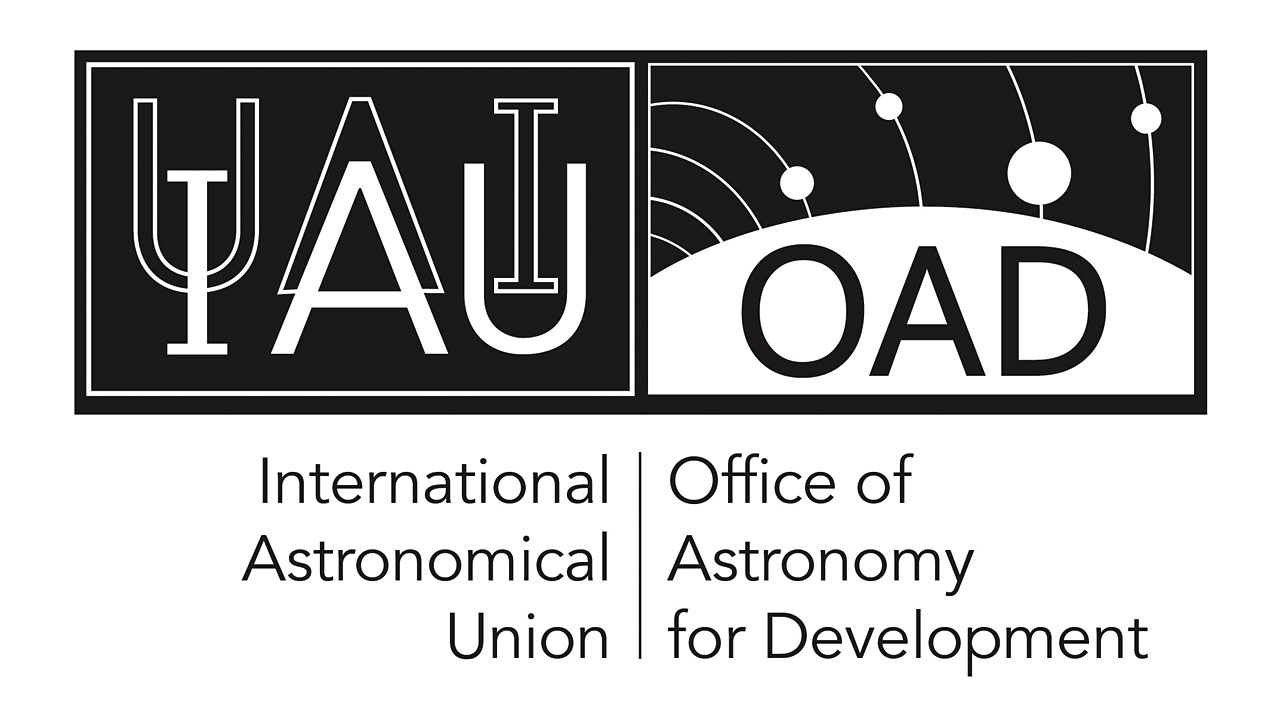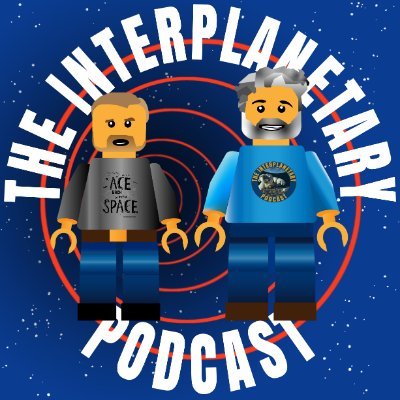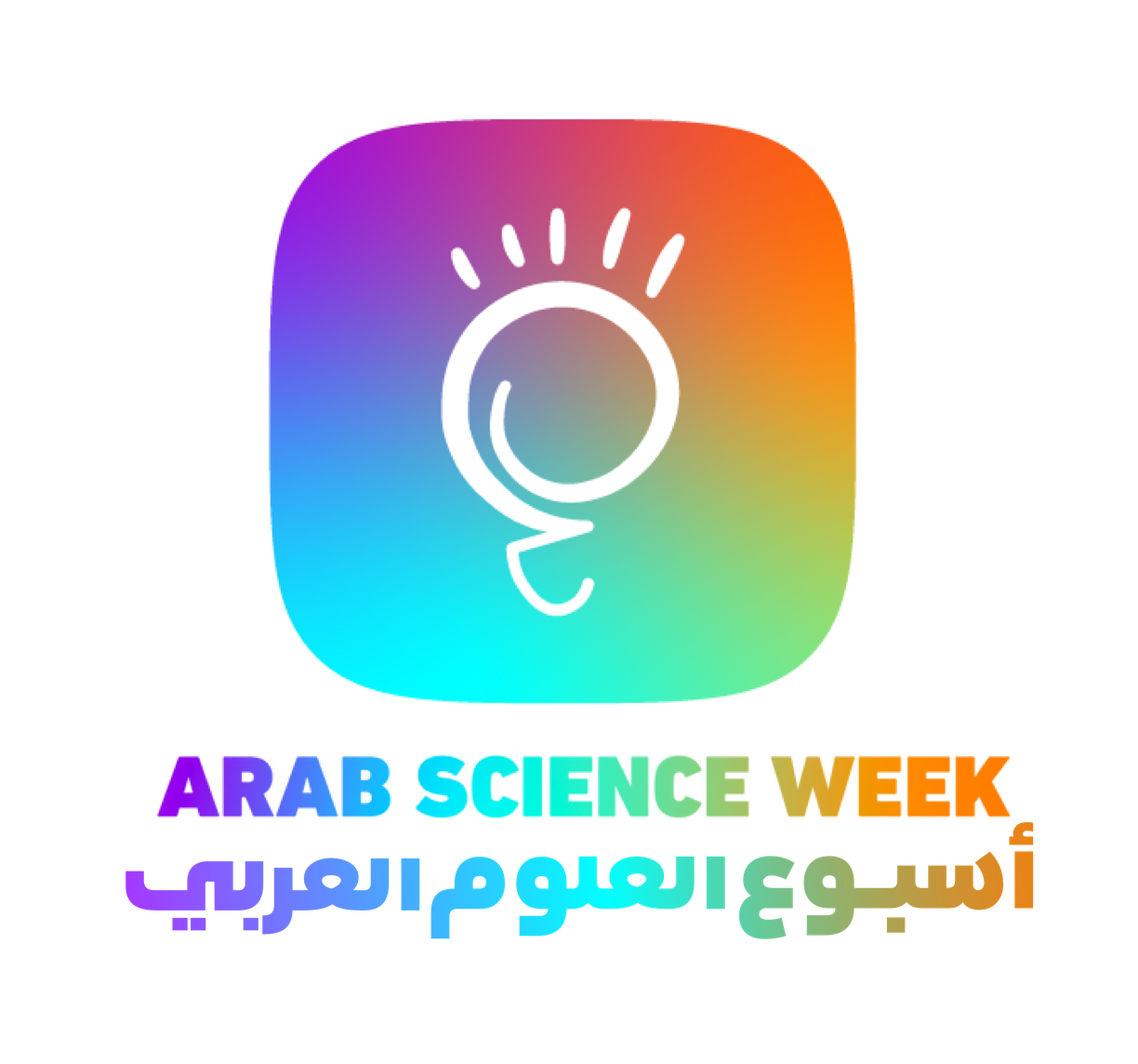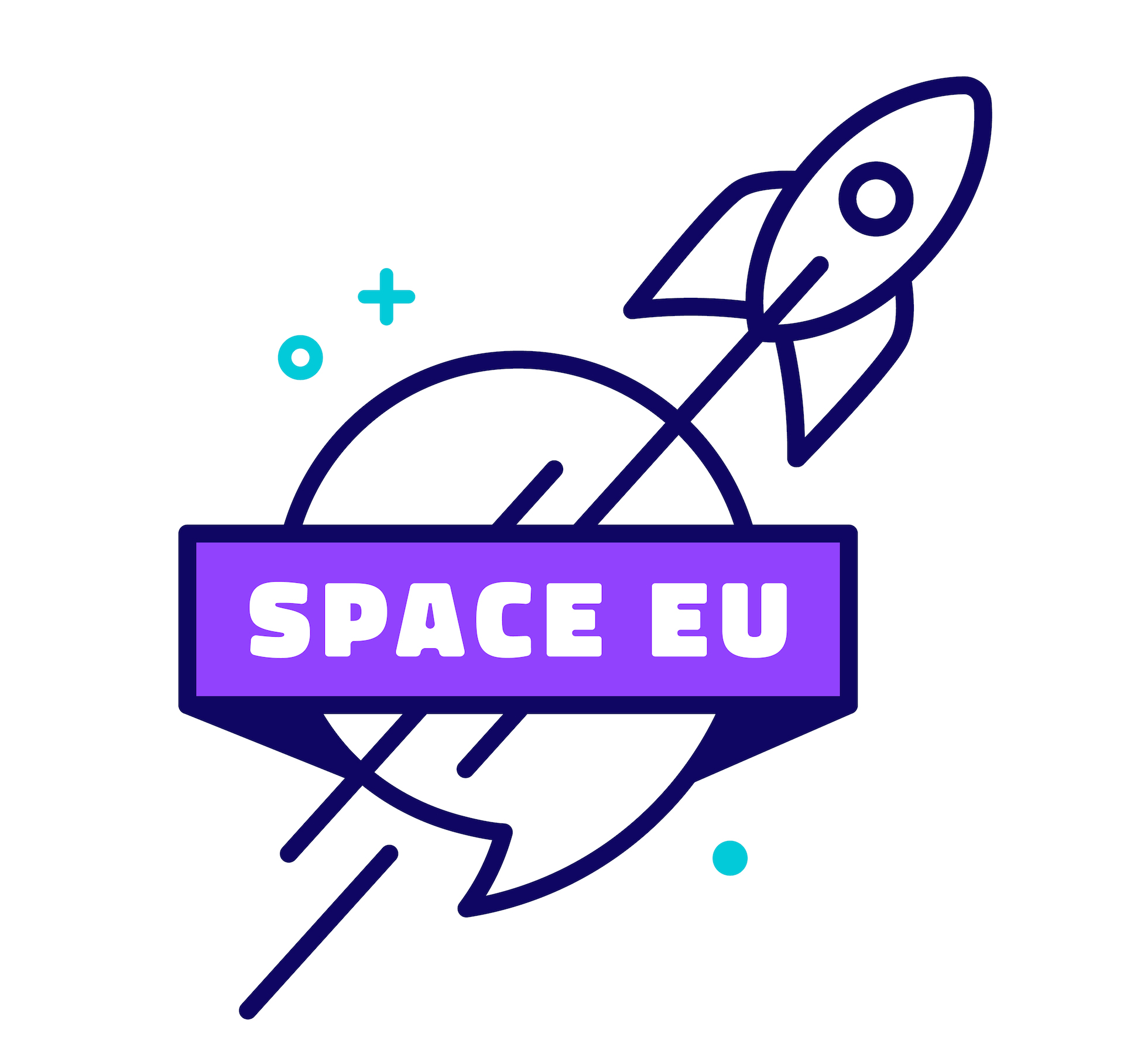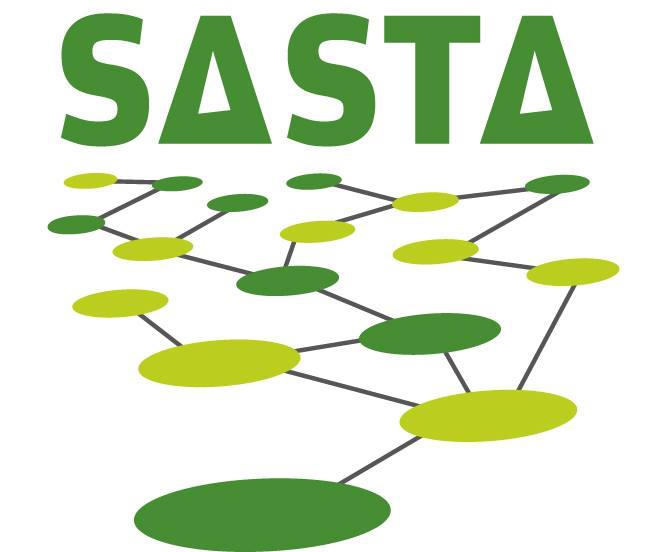I don’t have to be a microbiologist and public health professional to know that humankind has faced pandemics before. Between 1918-1920, the Spanish flu took approximately 50 million lives in a world population of about 1.8 billion. Since then we have heard of Ebola, Zika virus, SARS, MERS, swine flu and avian flu among others.
Except that they seemed so far away, or not as severe.
The new coronavirus disease 2019 (COVID-19), a novel infectious disease caused by severe acute respiratory syndrome coronavirus 2 (SARS-CoV-2), was characterised as a pandemic by the World Health Organisation in March 2020. A pandemic is an epidemic that affects a whole country or, in this case, the entire world.
Although scientists have always known that another big pandemic might be coming, most people feel blindsided by this unexpected and rapid development.
Like influenza, the virus spreads between people via droplets people exhale when they cough or sneeze, for example. Infected people are most contagious when they are symptomatic, although contraction may happen before any symptoms such as fever, coughing, and shortness of breath appear. There are typically five days between exposure and symptom onset, but it may be anywhere from two to fourteen days. Data is very preliminary at this point.
Today we have no vaccine or specific antiviral treatment, and our efforts are limited to symptom alleviation and supportive therapy.
Even though nobody really knows how this is going to evolve in the long term, the hope is to develop a vaccine as fast as possible. Virologists say, that’s because Corona viruses are sensitive to heat, it can be hoped that case numbers will go down during the hot summer months. The illness will recur in autumn, however. The new virus will most probably become endemic, constantly circulating in the population like influenza and other viruses. After a few years, most people are going to be either vaccinated or immune due to having already had the illness. Up until then the goal is to slow the virus down to lower the death toll and to prevent health services from collapsing.
Coming back to the present day, people want to know what they should do right now.
First of all – stay calm. Fear and panic are the worst adviser. Try to find reputable information (UK; Germany) and trust in scientists and official authorities. Don’t believe any WhatsApp-news and don’t share information except after having checked its source and trustworthiness.
Information hygiene is as important as hand hygiene in times of crisis!
Other than that – implement physical distancing. Stick to your country’s rules and stay updated since these rules can change from day to day. Look out for people over 60, as well as people with pre-existing medical conditions who may be at a higher risk of severe or even fatal symptoms if infected. Perhaps do their grocery shopping or pick their medicine from the pharmacy and place them at their front door. Walk their dog so they don’t have to go out. Keep your distance.
Wash your hands, especially after contact with other people and after being outside shopping or the like, with warm water and soap – as long as it takes you to sing “Happy Birthday” twice. Need more info and maybe a small laugh?
Donate blood. Blood reserves can only be used for a certain amount of time. If people stop donating now there won’t be enough blood left in a short while. Check your country’s donation organisation’s website for dates and places and the rules during this time.
Support local and small businesses by buying gift cards, donating or ordering online.
There’s a lot of groups on social media that are organising help. Connect yourself. Give your phone number to your neighbours in case they need anything. Call your grandparents. Isolation makes you lonely and this can have severe negative impacts on your health as well as described in part I of this story.
With this we come full circle and I’d like to close with a hopeful reflection: every crisis is a chance for change. People from all over the globe are connecting online, helping each other out, having balcony concerts or Skyping with strangers who were lonely or scared. This makes me believe in humankind. The rapid digitalisation taking place in my country to keep schools running online and people working from home makes me think: “finally, better late than never”. Nature can take a breather with factories standing still and planes being grounded. Our world will never be the same after this and it’s terrible that people we know will die and others will lose their livelihoods. But the spirit of international cooperation, professionalism and trust that I experience and cherish from working in the space sector at the Austrian Space Forum will help us through this difficult time.
Stay safe and try to use your time in isolation to reflect, catch up and recharge for the times ahead!
Illustration: NASA-Langley.
